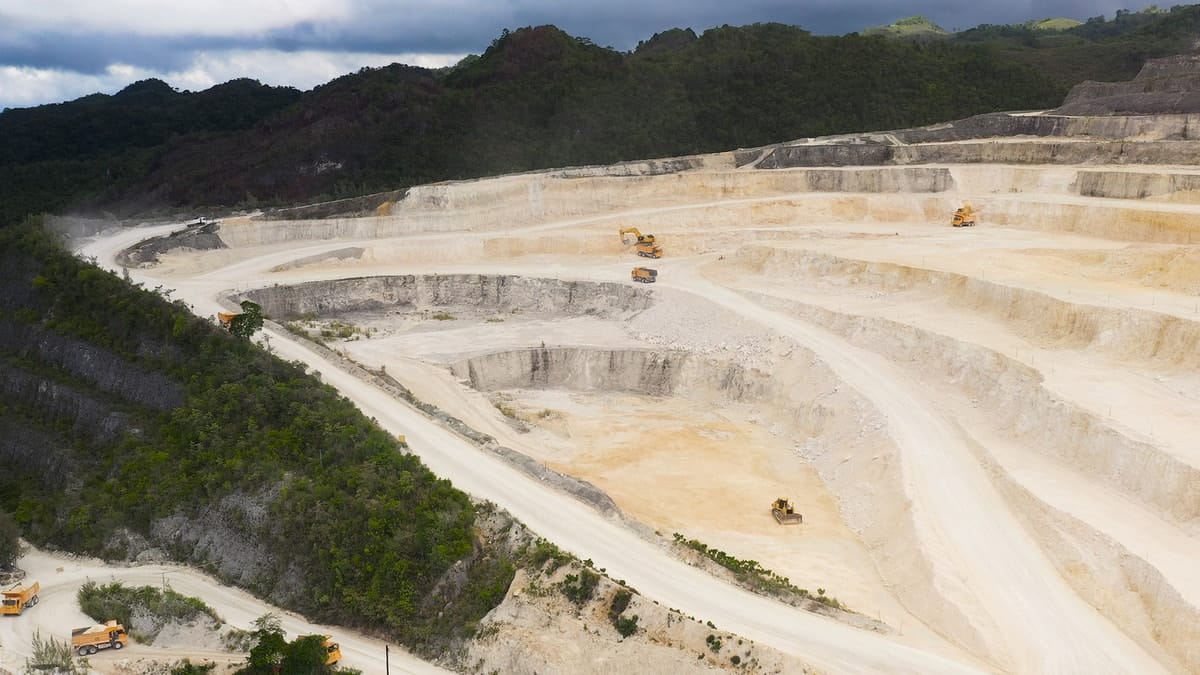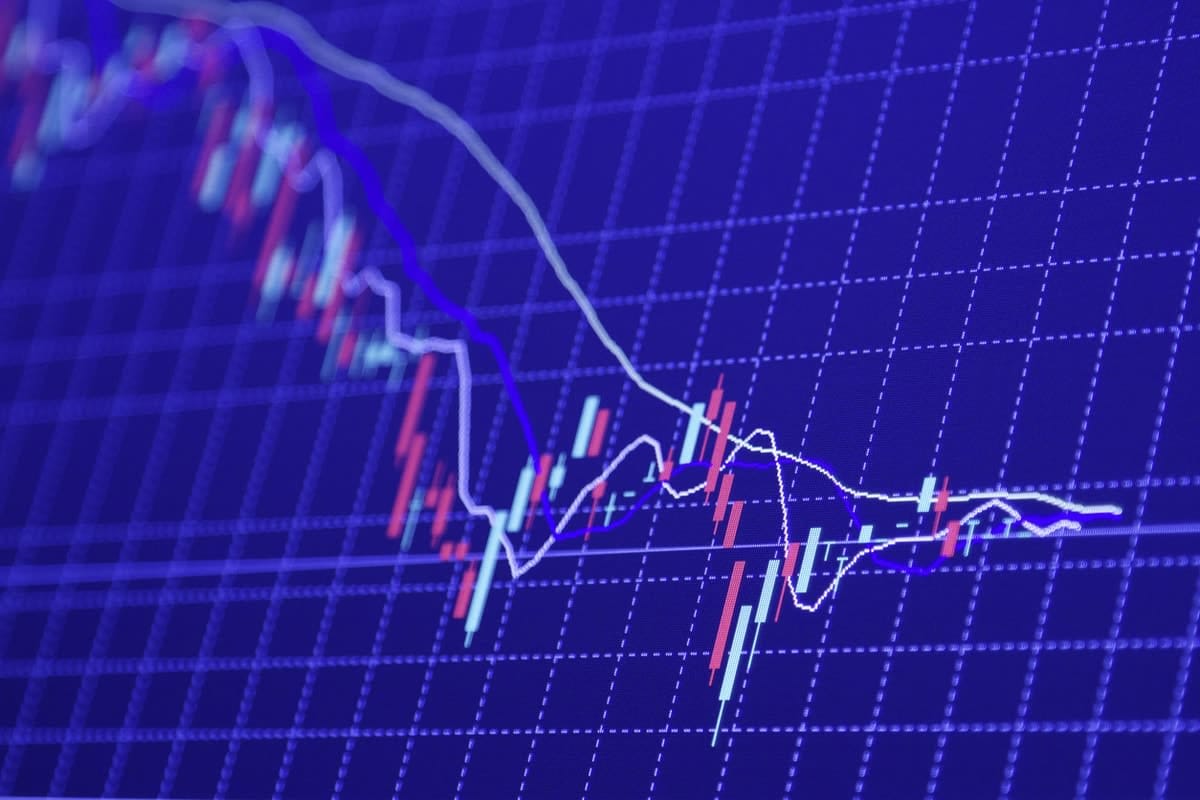
More environmental activists were killed in 2019 than ever before, according to non-government organisation Global Witness – 212 people, an average of four a week, were assassinated, with Colombia and the Philippines the worst offenders, and mining the deadliest sector.
New research by Monash and Oxford business schools shows that killing local anti-mining activists is bad for business – when these assassinations are reported, the mining company’s share price goes down.
The study – the first empirical analysis to examine how global markets react to activist assassinations – examined 354 killing events in resource-rich countries around the world from 1998 to 2018.
Sometimes, journalists who reported on these killings also died. Altogether, close to 500 people have lost their lives in this way, although the true number of fatalities is likely higher, because not all of these deaths come to the attention of human rights or environmental organisations, says Monash economist Paul Raschky.
“Of the 354 events we have here, there were little to no legal consequences for the multinational companies who operated the mines, because we’re talking about events on the global periphery,” he says.
“It’s this David and Goliath type of story. They’re standing in front of people with guns. Our research shows that, yes, even if you feel alone on the ground, your action has an effect.”
A report on the deaths by human rights or environmental organisations working in the affected country, and the subsequent negative publicity in the national and (sometimes) international press, was often the only way society became aware of the human rights violations associated with mineral resource extraction, Dr Raschky says.
What happened next surprised the researchers – after an assassination was reported, the mining company’s stock price fell. The median share market losses were more than A$130 million ($US100 million) in the 10 days after the event.
“We thought that the reaction would go in the other direction,” Dr Raschky says. “When people are opposing a mining project locally, that’s costly for the company. So if the opposition gets eliminated, we thought the stock market would reward that.”
Further analysis showed that it’s particularly information-sensitive investors, such as hedge funds, who react to these campaigns. This doesn’t necessarily mean those types of investors act out of moral conscience, but because they anticipate that the company’s reputation will suffer, and that this in turn could affect its ability to expand its future operations.
Decreased value remains
Fellow researcher David Kreitmeir says as far as he could tell, the decrease in the stock’s value remains consistent after the initial drop.
“The effect doesn’t vanish, if you look, for example, over 90 days,” he says. But from a research perspective, assessing the effect of an assassination on the share price becomes difficult over a longer term, because of other factors that might also be coming into play.
The research provides encouraging evidence that the institutions of civil society – journalism and grassroots activism – still have the ability to influence large corporations. But at the same time, the assassinations continue, despite their negative impact on company profits. Why?
“We looked into that exact question,” Dr Raschky says. “What we find is that the local governments often benefit from the mining projects, but they don’t necessarily bear the costs of the financial shock on the stock market. They receive money to bring the mine forward because they get royalties from the mining company. They don’t care about the stock market price.”

Incentive for atrocities
The researchers have collected additional data on royalty payments, and conducted a tentative analysis that shows assassinations are more likely in environments where mining companies contribute relatively more tax and royalty payments to the domestic government, he says. In such places, “the incentive for local actors to do such an atrocity is bigger”.
The data shows activists are most vulnerable in the Philippines, Colombia and Peru, with assassinations also taking place throughout Latin America, Africa, and Asia.
Many of these activists are not members of international organisations such Greenpeace; some are Indigenous people acting alone.
“It’s this David and Goliath type of story,” Dr Raschky says. “They’re standing in front of people with guns. Our research shows that, yes, even if you feel alone on the ground, your action has an effect.”
Far-reaching impact
It’s quite possible that the activists and their families are unaware of the impact of their sacrifice.
One Twitter response to the research was: “‘I have a feeling Berta Caceres would smile from above at this new paper,’” Dr Kreitmeir says. Berta Caceres was a Honduran Indigenous activist who was assassinated in 2016, after winning the prestigious Goldman Environmental prize the year before.
The research is a joint project between Associate Professor Paul Raschky from the Department of Economics and SoDA Labs in the Monash Business School; David Kreitmeir, a PhD student at the Department of Economics in the Monash Business School; and Associate Professor Nathaniel Lane from the University of Oxford.





